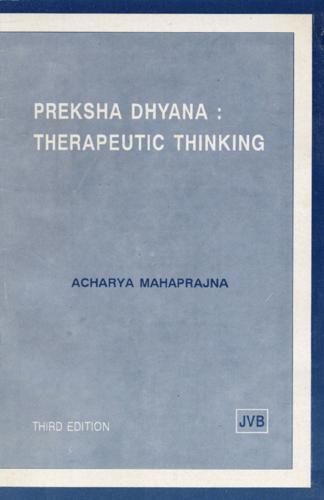This is a much desirable virtue with a very high moral and human value. In many respects, man is an animal like any other animaL He does feel angry, hungry and sexually excited because he, like others, has the capacity to desire. He (like others) also possesses the primal drives—the unlearned instincts of aggression, hunger and sex. But possession of some human characteristics makes him a very unique animal. Human mind and personality constitute the highest product yet achieved by the cosmos. This is because man alone by means of his inherent conscious reason has the power of setting higher standards and values for his progress. Animals just act out of instinctive rituals of eating, courtship and fighting because they do not possess a reasoning mind. Man, on the other hand, can, by self-discipline, modify his actions, as for example, refuse fatty food after a look at his bulging waist-line.
No society can survive, let alone progress, without control and discipline. Moral controls, however, are far more superior to legal ones.
Practice of Therapeutic Thinking makes one alert and vigilant towards truth and discipline. The vigilant rational mind becomes strong enough to control the responses to the insistence of the instinctive drives and temptations to carnal attractions.
As soon as we have awakened our supine will, our rational mind establishes the supremacy of reasoning and reverses the direction of our vision. One begins to look inwards and use a greater part on one's nervous and physical energy in self-introspection and self-discipline. Mental attitude, thought and perception then begin to rotate round the nucleus of reasoning and rationality.
The toxic poisons of hatred, fear, greed, and lust are purged out from the mind. Emotional reaction to attractive or repulsive environment soon becomes an event of the past This is the gateway to spiritual happiness and solution to all problems.
When the will is supine, we nourish the sensual desires and delude overselves into believing these to be the condition of reak happiness. This obviously is delusion. When the will is partly aroused by the contemplation of reality, a desire for self-discipline and spiritual awareness is born. When the will is fully awake, our reasoning mind establishes its authority on our emotions and thoughts. We begin to discriminate between what is good and what is evil True, we would still be tempted by external attractions because of our spiritual stupor. But, one need not be dejected by the conflict of thought and action as this is but a temporary phase. In due course, our reasoning mind can and will establish its full authority on our thoughts as well as deeds. Once this happens, no evil can be perpetrated either in thought or in action. Our perception will then be transmuted; we shall no longer be content with the external beauty. We shall strive to divulge the subtle intrinsic values. Constant practice of Therapeutic Thinking first awakens the will, and then transmutes our perception from delusion to spiritual awareness.
Instructions for Exercise| 1-2. | Steps 1-2 as in exercise no. 1 |
| 3-4. | Steps 3-4 as in exercise no. 9, except that the colour to be visualized and inhaled is bright yellow. |
| 5. | Focus your full attention on the Centre of Peace and recite the following sentences first loudly (nine times) and then mentally (nine times):
|
| 6. | Contemplate on the high moral value of this virtue on the following lines:
|
| 7. | Step 7 as in exercise no. 1. |
 Acharya Mahaprajna
Acharya Mahaprajna

